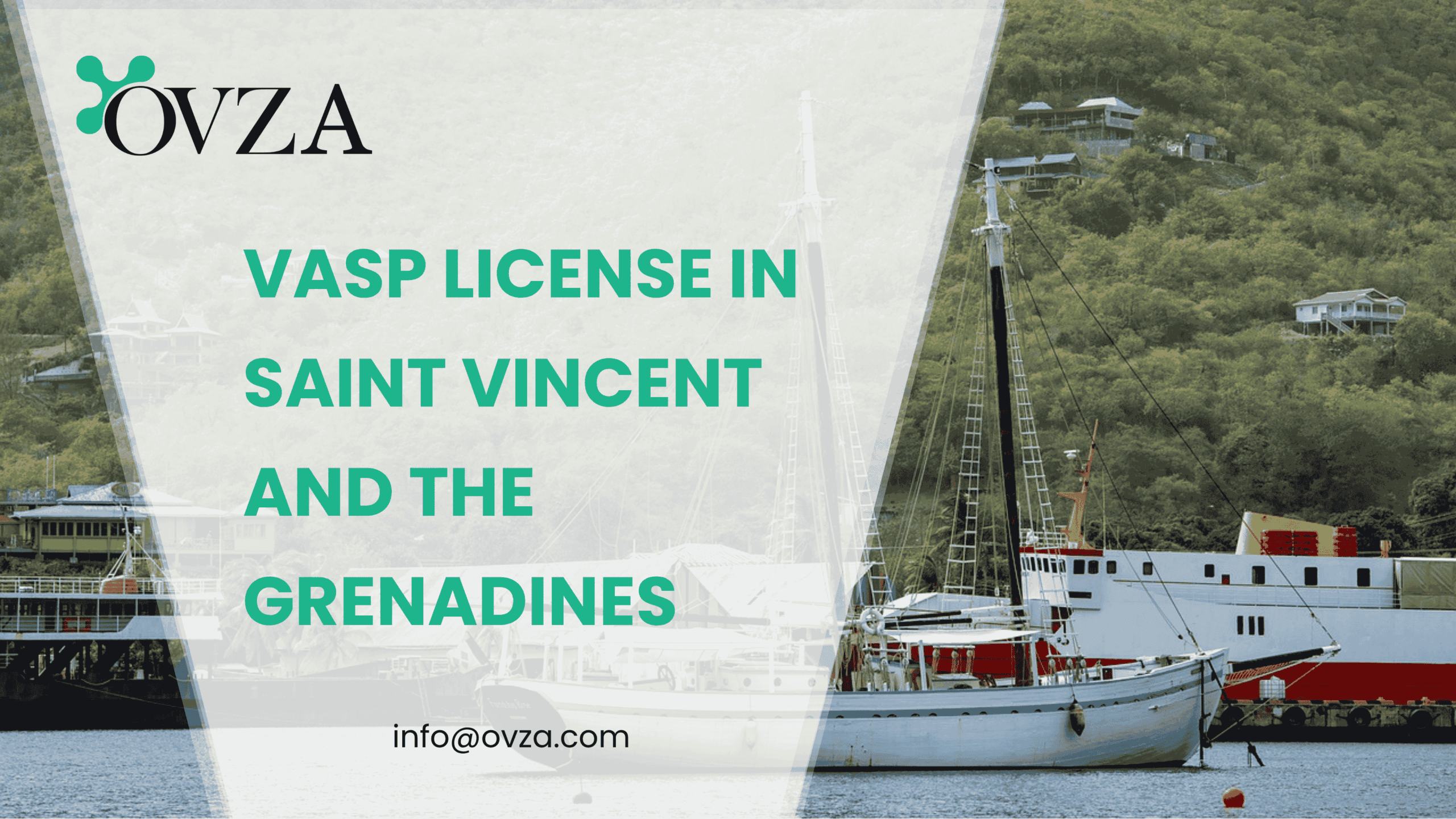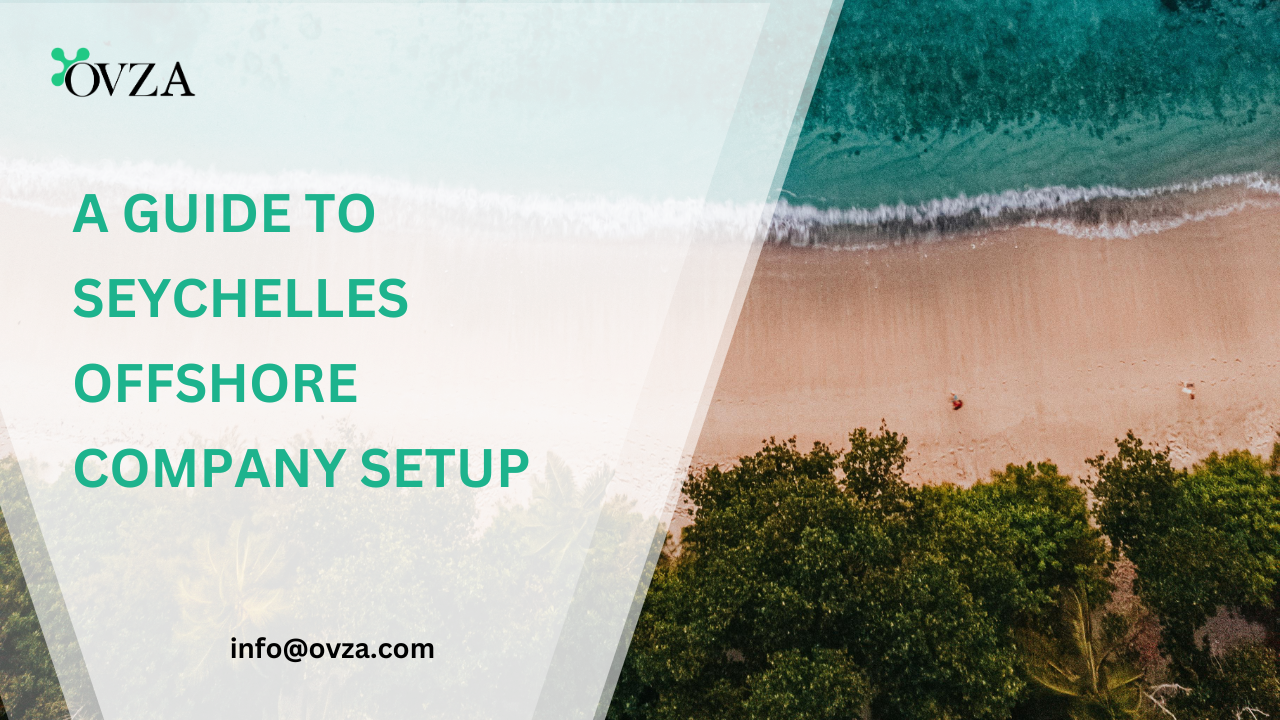Learn the requirements for obtaining a Cayman Company License in the Cayman Islands to register a company in Cayman. Understand the application process and documentation. The Cayman Islands is a premier jurisdiction for offshore companies, offering a robust financial services sector. To operate legally within this sector, obtaining the appropriate Cayman Company License is essential. This article outlines the key requirements and steps involved in securing a financial license for your offshore company in the Cayman Islands.
Cayman Company License Types Explained
The Cayman Islands Monetary Authority (CIMA) regulates various financial services, each requiring a specific Cayman Company License to operate legally. Understanding the right license for your business is crucial for ensuring compliance and successful company formation in the Cayman Islands.
The following are key types of Cayman Company Licenses available:
✅ Banking and Trust Companies: For entities offering banking and trust services, ensuring secure client fund management and financial operations under CIMA’s supervision.
✅ Securities Investment Business: Designed for firms engaged in securities trading, asset management, and related financial activities. This license is essential for investment firms, hedge funds, and brokerage services seeking to manage client investments.
✅ Insurance Companies: Required for businesses providing insurance services, including captive insurance companies, which are commonly registered in the Cayman Islands for risk management purposes.
✅ Mutual Funds: A crucial Cayman Company License for entities managing collective investment schemes, allowing fund managers to attract international investors through the jurisdiction’s flexible regulatory environment.
Securing the appropriate Cayman Company License is essential for ensuring your offshore company operates legally and efficiently in the Cayman Islands’ thriving financial sector. By working with experienced professionals and ensuring your business aligns with CIMA’s regulatory standards, you can position your company for success in this reputable offshore jurisdiction.
What Are the General Requirements for Obtaining a Financial License?
While specific requirements vary by license type, common prerequisites include:
- Application Form: Complete the relevant application form provided by CIMA.
- Business Plan: Submit a comprehensive business plan outlining the company’s operations, financial projections, and risk management strategies.
- Fit and Proper Test: Demonstrate that directors, shareholders, and controllers meet CIMA’s standards for integrity, competence, and financial soundness.
- Financial Resources: Provide evidence of sufficient financial resources to support the proposed business activities.
- Physical Presence: Maintain a physical presence in the Cayman Islands, which may include having a registered office and appointed local directors.
How Do I Apply for a Financial License in the Cayman Islands?
The application process generally involves:
- Preparation: Gather all necessary documentation, including the business plan, financial statements, and personal information of key personnel.
- Submission: Submit the completed application and supporting documents to CIMA.
- Review: CIMA will assess the application to ensure compliance with regulatory standards.
- Approval: If the application meets all requirements, CIMA will grant the financial license.
Are There Any Fees Associated with the Application Process?
Yes, CIMA charges fees for the application and annual maintenance of financial licenses. The exact fees depend on the type of license and the size of the company. For detailed fee structures, refer to CIMA’s official fee schedule.
What Are the Ongoing Compliance Obligations for Licensed Entities?
Licensed entities must adhere to:
- Reporting Requirements: Submit regular financial statements and reports to CIMA.
- Audits: Undergo annual audits conducted by approved auditors.
- Risk Management: Implement and maintain effective risk management frameworks.
- Regulatory Updates: Stay informed about and comply with changes in financial regulations.
Conclusion: Securing a financial license in the Cayman Islands is a structured process that requires careful preparation and adherence to regulatory standards. By understanding the specific requirements and following the application procedures, offshore companies can establish a compliant and successful presence in this leading financial jurisdiction.












